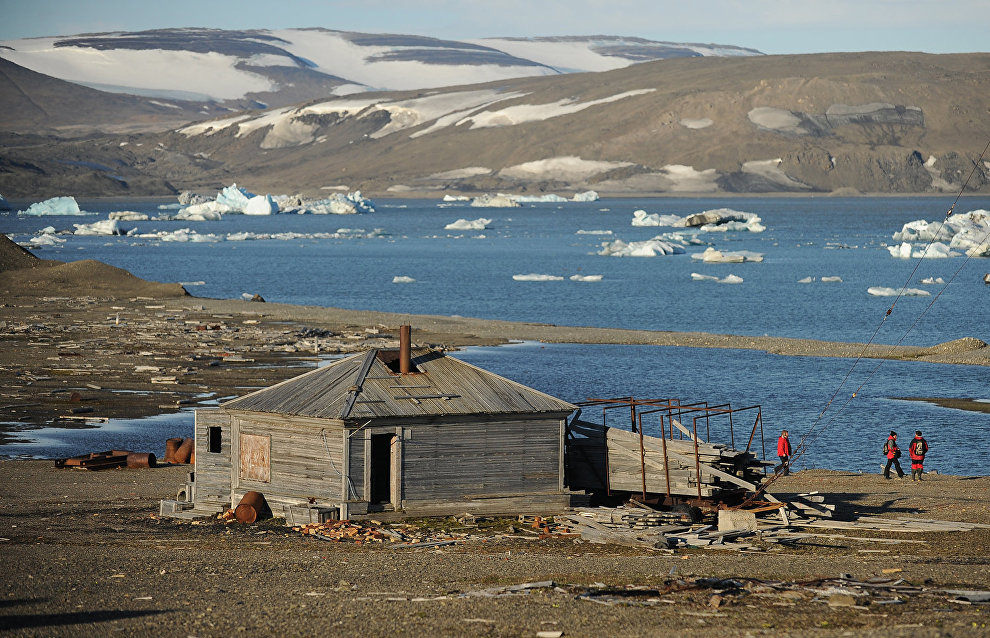Russian Arctic National Park enters Russian research and educational consortium
On June 6, an agreement on establishing a national Arctic research and educational consortium was signed at Lomonosov Northern (Arctic) Federal University by representatives of 14 universities and a number of research institutions and potential employers, including the Northern Directorate for Hydrometeorology and Environmental Monitoring and Russian Arctic National Park, the park's website reads.
According to Svetlana Tyukina, assistant to the vice-rector for strategic development and external relations at NArFU, the consortium aims to pool resources, efforts and opportunities for the shared use of infrastructure of universities, research organizations and businesses operating in the Russian Arctic zone.
The consortium will focus on examining government instructions and orders, monitoring staffing needs (using the database of graduates in the Russian Arctic for businesses and the database of educational programs to be developed) and promoting knowledge about the Arctic, Arctic jobs and Arctic studies.
NArFU rector Yelena Kudryashova spoke about the prospects of work within the consortium at a news conference devoted to the upcoming eighth expedition of the Arctic Floating University. The conference was held on board the Professor Molchanov ship, which is the project's permanent base. The 2016 expedition is called "Exploring the Novaya Zemlya Mysteries" and will follow a route via Arkhangelsk, Kolguyev Island, Vaigach Island, Novaya Zemlya and Arkhangelsk.
According to Deputy Minister of Education and Science Alexander Klimov, the Floating University project is one of a kind in Russia and will attract the most talented students to field research.
Speaking about the participation of Russian Arctic National Park in the project, the park's acting director, Alexander Kirilov, said: "We obtain new data about our territory thanks to the Floating University expeditions. As for Novaya Zemlya, the last comprehensive research there was conducted in the 1930-1940s. The project will help us update the information. Data received during expeditions is used in the national park's studies. In particular, it was used to determine a security zone of specially protected natural territories."
This year's expedition involves 56 participants, including 29 students and 21 researchers from 17 research and educational institutions.
